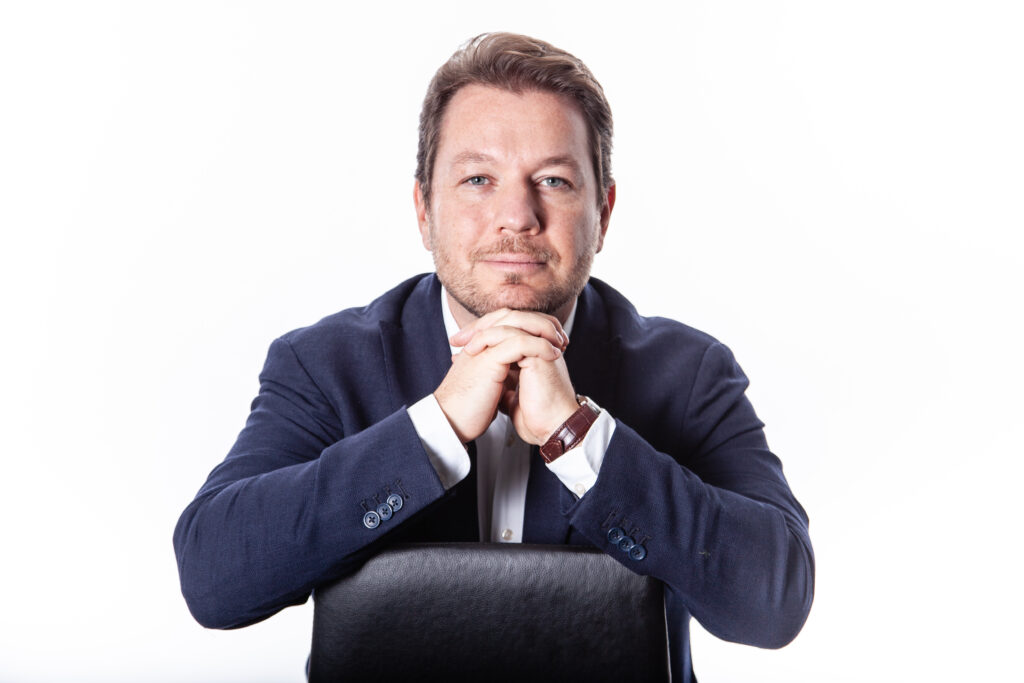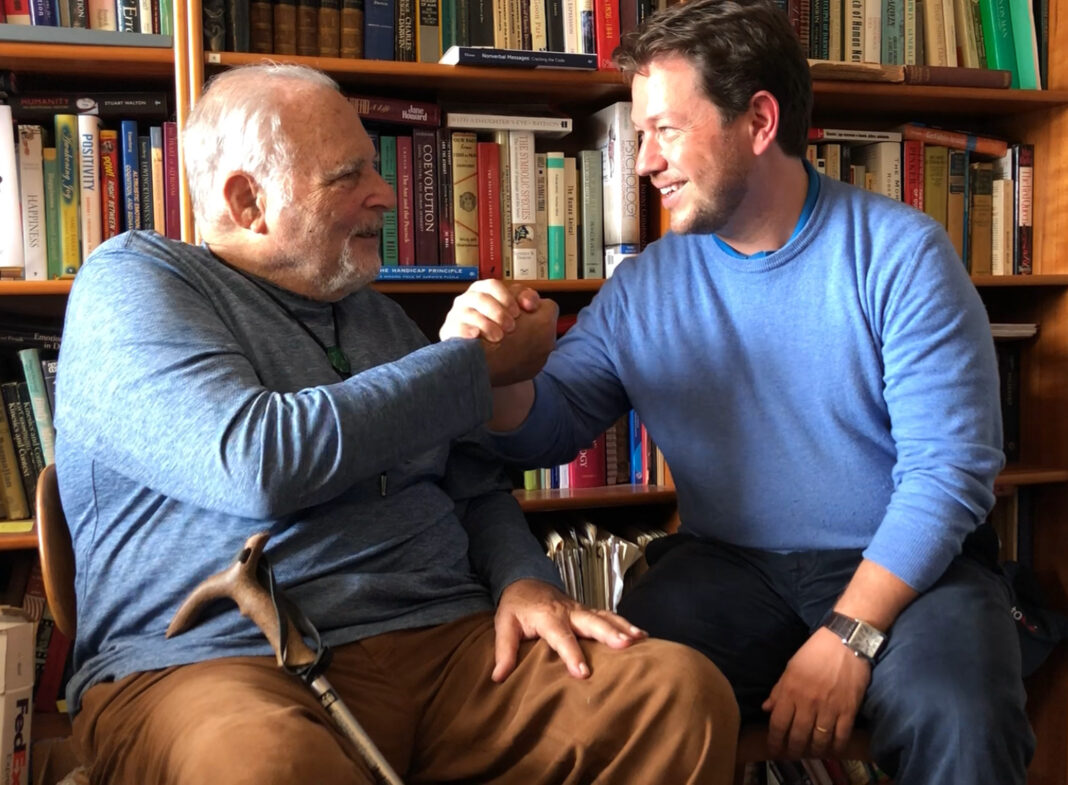It has been about a year since our last exclusive interview with Dr Diego Ingrassia, an expert in emotional behavioural analysis, Master Coach accredited by the International Coaching Federation (ICF) and CEO of I&G Management. We decided to meet him again to understand how important knowledge of emotions is today, also in relation to the particular historical moment we are living. The Emotional Behavioural Coaching School is now joined by a new project: the Paul Ekman Academy.
Dr. Ingrassia, we are once again talking about the importance of emotions and your initiatives in this regard, but before anything else, I would like to ask you how important is the knowledge of emotions in today’s scenario?
Emotional awareness has always been an important skill but today, in the climate of uncertainty we are experiencing, it is even more so. The Covid is less of a concern, but it has been affecting our lives in some way for three years now; the health emergency has been compounded by the drama of war, the economic crisis and the climate crisis (we have to go back many years to find a scenario marked by such profound uncertainty). All of this inevitably affects people’s lives, creates upset and insecurity. Improving our emotional agility therefore becomes a fundamental resource in order to be able to cope with such profound changes and the resulting stress. Emotions, if not managed properly, can become a real obstacle; if treated correctly, they are a great resource for our growth, because they contribute to our balance by expanding our awareness. By listening to our emotions, we learn to know ourselves better, not to deceive ourselves with false illusions, and to be able to find increasingly effective answers over time.

Is it necessary to undertake an individual course to achieve these results?
As I had the opportunity to tell you in a previous interview, two years ago we set up an Emotional Behavioural Coaching School, founded with the aim of providing all the tools needed to develop effective and authentic leadership that takes the individual into consideration in his or her entirety. In a world where emotions are too often ignored and not understood – thus limiting the search for suitable strategies to manage them – the essence of our activity consists in enhancing technical skills by giving value to emotions, the true protagonists of our decision-making processes. We accompany people – both professional coaches and private individuals who want to undertake an individual path with our coaches – in their journey of change, through an integrated approach, the fruit of thirty years of direct experimentation in the field, whose effectiveness is proven by important scientific evidence. We firmly believe that training can make an important contribution in this sense. We have always done this with companies, but in recent years we have tried to increase and improve our proposals for private individuals.
So you have organised something new?
Yes exactly, and it is important for me to explain how this idea came about. Never before has it been possible to access so many courses, lessons, training pills via the web, often completely free of charge. Certainly this vastness of proposals can represent an opportunity, at least on an informative level; however, precisely because of this proliferation of initiatives that can also generate a great deal of confusion, we felt the need to create an articulated training offer of high quality.
Once again a School?
More precisely an academy. Thus was born the Paul Ekman Academy, a training academy named after the scientist we decided to turn to 15 years ago. The greatest expert in the physiology of emotions who, through his research, gave a fundamental impetus to the study of emotional intelligence. Research that was then transformed into certified study courses that have been the basis on which we have trained dozens of professionals for several years now.
How is this Academy structured?
It is a real path, comparable to a university curriculum, with some fixed points, let’s say compulsory, because they represent the cornerstones of our method, and other courses that participants can choose freely. Each of these courses will benefit from international certification, guaranteeing visibility in the register of professionals accredited by the Paul Ekman Group.
You mentioned the University, is this a world with which you have a relationship?
Yes of course. From the collaboration we have had for years with the University of Geneva, for example, a test called BEAT was born. A real assessment of emotional competences, as the acronym says: Behaviour, Emotional, Assessment, Test. A truly valuable tool because it allows us to assess the Emotional Competence of our trainees at the beginning and at the end of the training course, thus making the progress achieved evident and consistent. For us, all this represents an idea that has guided us from the very beginning of our activities: to draw on higher university training, freeing it from theoretical excesses unsuitable for our world, while at the same time freeing ourselves from the risk of an attitude that is sometimes a little superficial, because it is too result-oriented, typical of much managerial training.























































